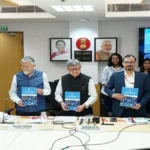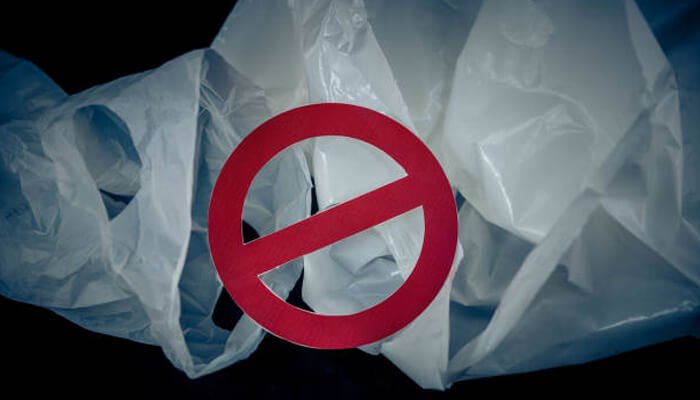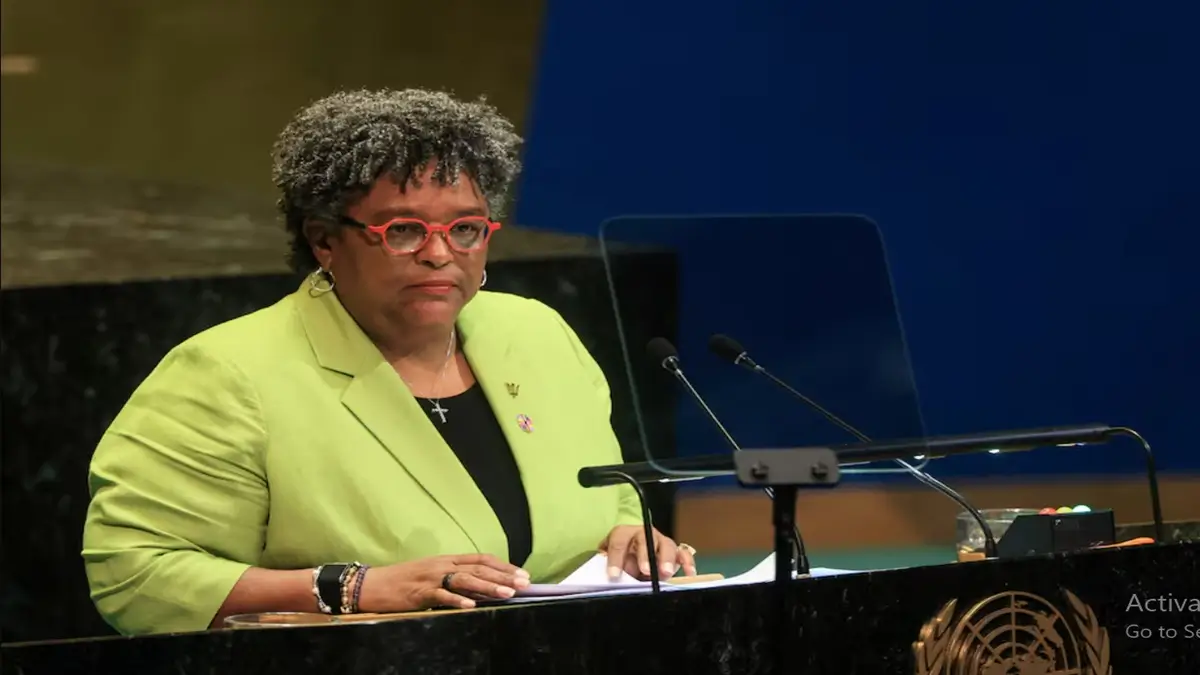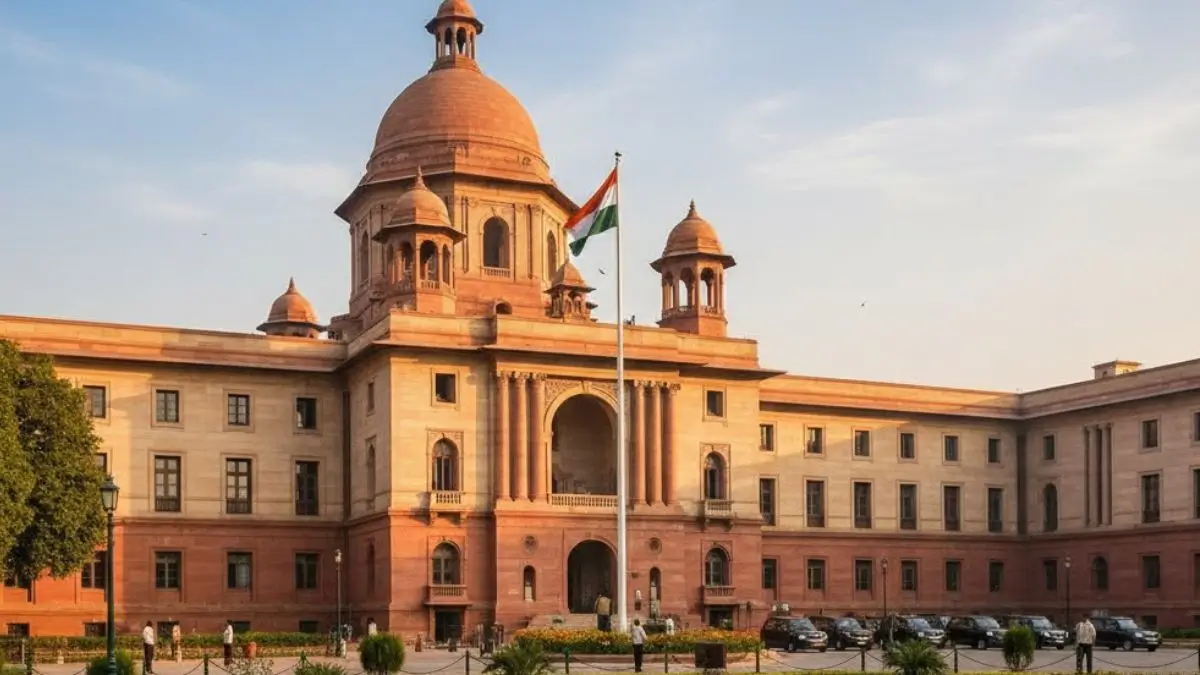New Zealand Becomes First Country to Ban Plastic Produce Bags
Introduction: In a groundbreaking move, New Zealand has become the first country to completely ban plastic produce bags. The government’s decision to eliminate these single-use plastic bags is a significant step towards reducing plastic waste and promoting environmental sustainability. This article delves into the importance of this news, provides a historical context, and presents five key takeaways for students preparing for government exams.
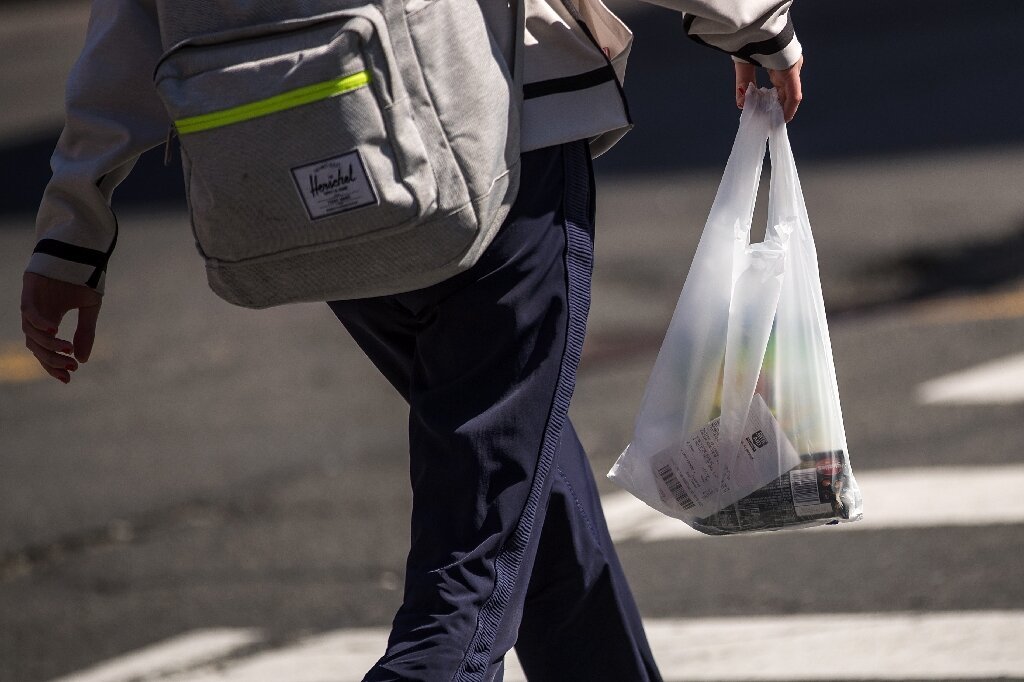
Why this News is Important:
- Environmental Impact: Plastic pollution is a global concern, and single-use plastic bags contribute significantly to this issue. By implementing the ban, New Zealand aims to address the environmental impact of plastic waste. This decision emphasizes the importance of sustainable practices and encourages individuals and other nations to adopt eco-friendly alternatives.
- Promoting Sustainable Habits: Banning plastic produce bags encourages consumers to adopt sustainable alternatives such as reusable bags or biodegradable options. This initiative aims to change consumer behavior and reduce reliance on plastic, fostering a culture of sustainability and responsible consumption.
- Global Inspiration: New Zealand’s progressive stance on plastic bag bans serves as an inspiration for other countries. By leading the way in environmental conservation, New Zealand sets a precedent for nations worldwide, encouraging them to take action against plastic pollution and adopt similar measures.
- Positive Impact on Wildlife: Plastic pollution poses a severe threat to marine life and terrestrial ecosystems. By eliminating plastic produce bags, New Zealand aims to protect its unique biodiversity and prevent harm to wildlife. This news highlights the significance of preserving ecosystems and ensuring a sustainable future for all species.
- Exam Relevance: For students preparing for government exams, this news holds relevance as it reflects the government’s commitment to environmental issues. Questions related to plastic waste management, environmental policies, and sustainable development may appear in exams for various positions like civil service, police officers, banking, railways, and defense.
Historical Context:
Plastic pollution has been a pressing concern globally for several decades. Single-use plastic bags have been a primary contributor to this issue, leading to environmental degradation and health hazards. Over the years, various countries have implemented measures to combat plastic waste, such as levies, taxes, or partial bans. However, New Zealand’s complete ban on plastic produce bags marks a significant milestone in the global fight against plastic pollution.
Key Takeaways from “New Zealand Becomes First Country to Ban Plastic Produce Bags”:
| Serial Number | Key Takeaway |
|---|---|
| 1. | New Zealand is the first country to ban plastic produce bags, setting an example for others. |
| 2. | The ban aims to reduce plastic waste, promote sustainability, and protect the environment. |
| 3. | The decision encourages consumers to adopt reusable or biodegradable alternatives. |
| 4. | New Zealand’s ban serves as an inspiration for other countries to address plastic pollution. |
| 5. | This news holds relevance for government exam preparations, reflecting the government’s commitment to environmental issues. |
Important FAQs for Students from this News
Q: What are plastic produce bags?
A: Plastic produce bags are lightweight, single-use bags used to carry fruits, vegetables, and other grocery items.
Q: Why is New Zealand banning plastic produce bags?
A: New Zealand is banning plastic produce bags to address the environmental impact of plastic waste and promote sustainable practices.
Q: What alternatives can consumers use instead of plastic produce bags?
A: Consumers can opt for reusable bags made of fabric or other durable materials, or they can choose biodegradable bags as alternatives to plastic produce bags.
Q: Is New Zealand the only country taking action against plastic pollution?
A: No, several countries worldwide have implemented measures to combat plastic pollution, including bans, taxes, or levies on single-use plastic items.
Q: How does the ban on plastic produce bags impact wildlife?
A: The ban aims to protect wildlife by reducing plastic pollution in ecosystems, minimizing the risk of ingestion or entanglement for marine and terrestrial animals.
Some Important Current Affairs Links









